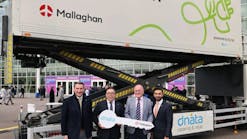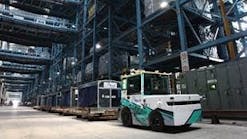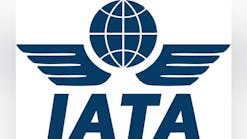Editor's Note: This article is part of AviationPros’ sustainable aviation fuel primer.
As the aviation industry sets its sights on achieving net-zero carbon emissions by 2050, more efforts are being made to make air travel environmentally friendly.
Sustainable aviation fuel (SAF) is playing a key role in this goal.
Among its objectives, the Inflation Reduction Act that President Joe Biden signed into law in 2022 aims to reduce greenhouse gas emissions produced in the United States.
The $430 billion bill, also known as H.R. 5376, intends to promote clean energy and includes five years of dedicated SAF tax provisions intended to encourage the production of the renewable fuel.
When the bill was signed, the National Air Transportation Association (NATA) released a statement noting that the organization has advocated for creation of a dedicated SAF Blender’s Tax Credit to stimulate investment in the nascent industry and provide economic parity with other renewable fuels.
“The sustainability measures included in the Inflation Reduction Act of 2022 represent a critical breakthrough in the business aviation industry’s goal to achieve net-zero carbon emissions by the year 2050,” Karen Huggard, vice president of government affairs at NATA, said in the statement after the bill’s passage.
The SAF Blender’s Tax Credit and Clean Fuel Production Credit that Biden signed into law represent a five-year down payment on the policies necessary to scale up SAF production in line with industry demand, Karen Huggard, vice president of government affairs at NATA, said in a statement after the bill’s passage.
The National Business Aviation Association (NBAA) noted in a statement that as of Jan. 1, 2023, a $1.25 per gallon credit will be available for each gallon of SAF sold as part of a qualified fuel mixture with a demonstrated lifecycle greenhouse gas (GHG) reduction of at least 50 percent compared to conventional jet fuel. The stand-alone SAF tax credit increases by 1 cent for each percentage point by which the lifecycle GHG emissions reduction of such fuel exceeds 50 percent, up to $1.75 per gallon.
“NBAA has long advocated for this blender's tax credit as a vital step in fulfilling our industry’s pledge to achieve net-zero CO2 emissions by 2050 under the Business Aviation Commitment on Climate Change,” Ed Bolen, NBAA president and CEO, said when the bill was passed. “Implementation of this credit marks genuine progress toward increasing SAF production, promoting greater availability at general aviation airports and reducing costs to end users.”








